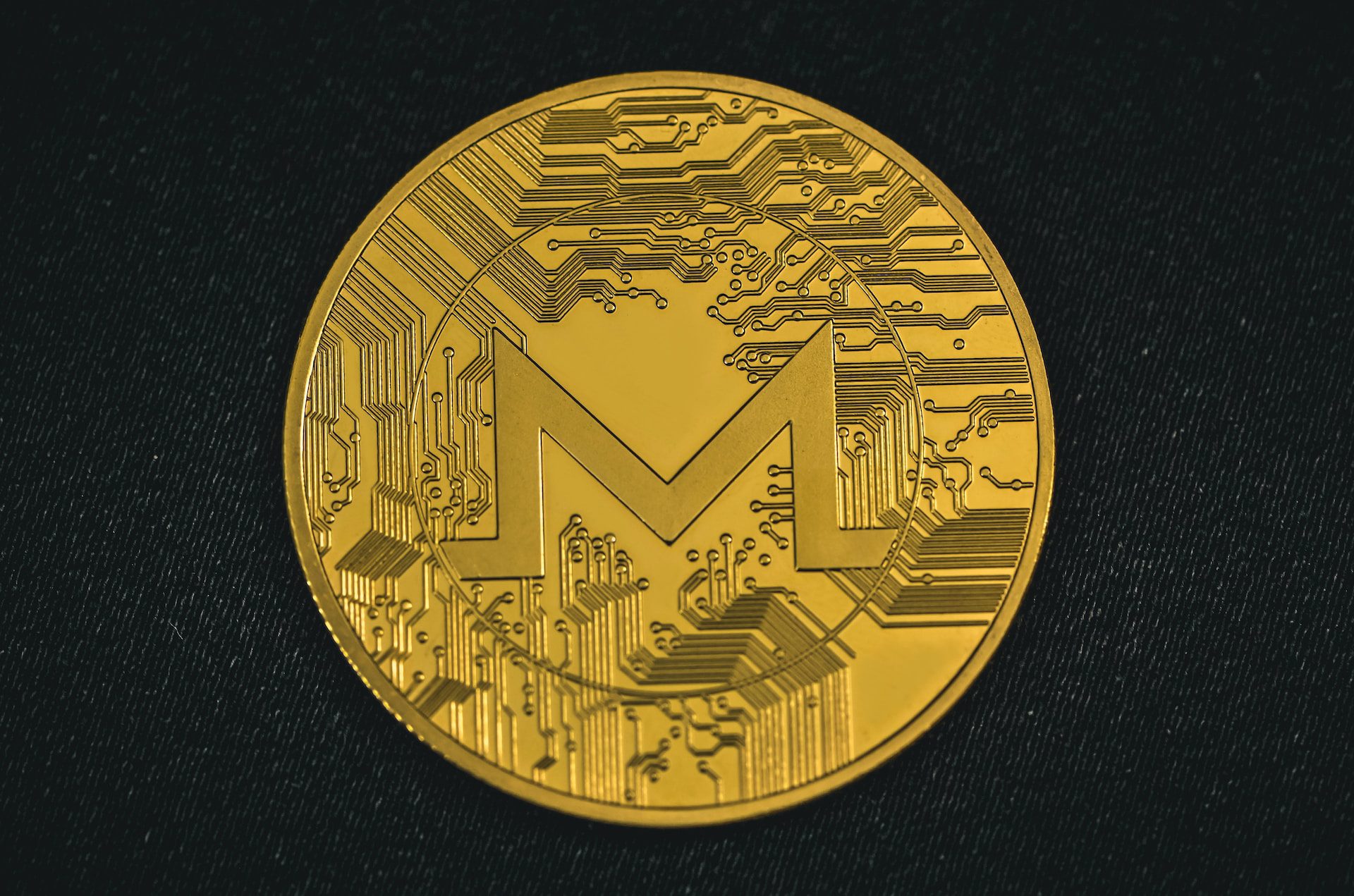Mordinals, also known as Monero Ordinals, is a feature on the Monero blockchain that allows users to add data to transactions stored on the network. While this enhances the network’s capabilities, it has sparked concerns among Monero supporters about privacy and centralization.
The concept of Ordinals was originally introduced to simplify the issuance of tokens and NFTs on the Bitcoin network, where it has gained popularity over the past month. However, its adoption on the Monero blockchain has received mixed reactions, with some concerned it could threaten the privacy of users who rely on Monero’s anonymity features.

Are Concerns Justified?
Critics argue that Mordinals represent a centralized concept that could expose users to risk if implemented extensively on the Monero blockchain. While Monero transactions currently use ring signatures to protect user privacy, an attacker flooding blocks with Mordinals could potentially undermine this feature.
The Internal Revenue Service has offered a significant reward to incentivize investigations into Monero transactions, highlighting the demand for ways to identify users despite the network’s anonymity features.
Potential Repercussions on Decentralization
Another concern surrounding Mordinals is their impact on decentralization, particularly as block sizes expand and storage demands increase for nodes. While it may be possible to upgrade the protocol to prune such transactions, this could be seen as a form of censorship and undermine the principle of decentralization.
Despite these concerns, some argue that Mordinals’ risks can be mitigated through updates, and current on-chain metrics do not suggest a significant impact on block growth.
Featured Image From UnSplash, Charts From TradingView.com


